The ethnic and religious diversity of India is often portrayed as the hallmark of the Indian nation state. However, this diversity has very often not encompassed the Northeast. The history of the region has been ignored and has had to suffer an enduring silence. It has been said, the Northeast is ‘on the map, but off the mind’. Being Mizo is a work that essentially examines the making of the Mizos, an ethnic/’tribal’ community in Northeast India. It nonetheless begins by examining the ways in which ‘mainland’ India views the Northeast while engaging with notions of how ‘difference’ plays an important role in the creation of identity.
This book portrays how the Mizos have subverted the very differentiating practices created by the significant other—the Indian State—and turned them into agencies of identity creation. Focusing on Mizo vengs (localities), Being Mizo uses history as well as detailed ethnography to show how ‘territorialization’ becomes an important feature of identity making in the twentieth century. The book further explores how the Mizo identity, inextricably linked to a vernacular Christianity that engages with the Mizo past, and rituals concerning death have become instruments of agency to defy the views of the ‘other’ and organize their ‘ethnic self’.

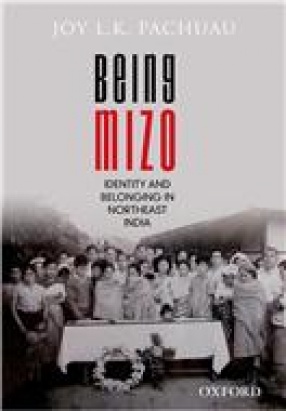
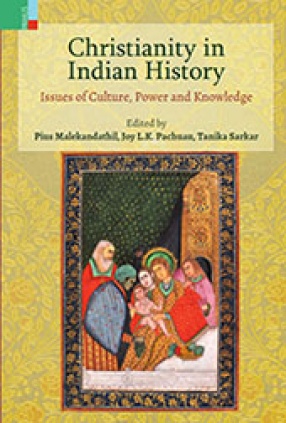
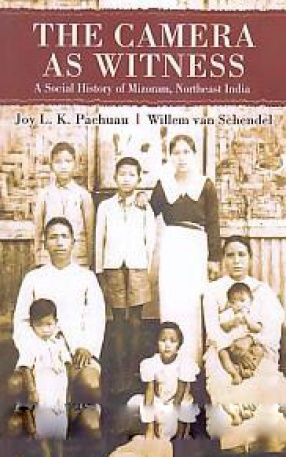
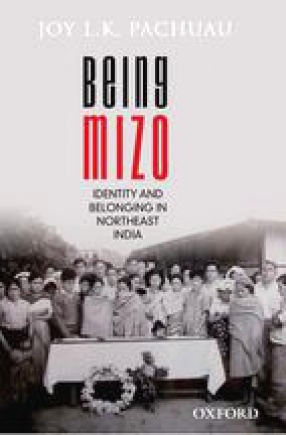
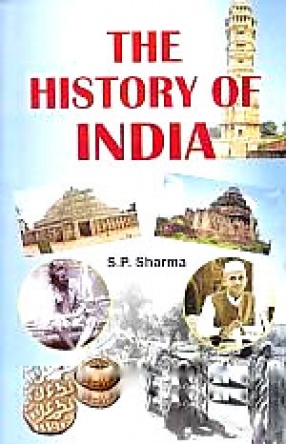
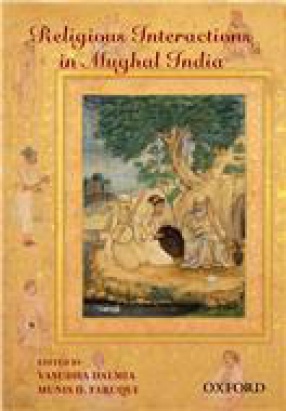
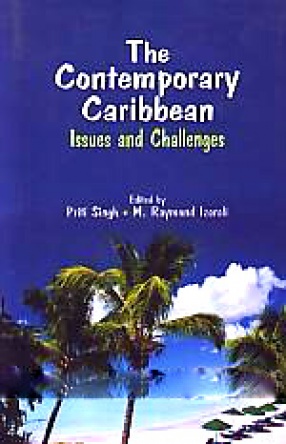
There are no reviews yet.